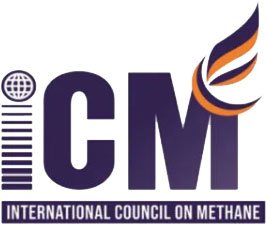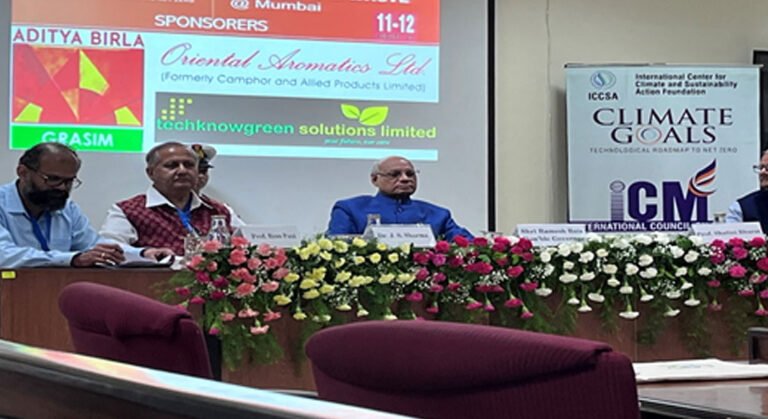In this activity, ICCSA Foundation, in association with Tata Institute of Social Sciences (TISS) discussed scientific, technical, and policy aspects of reducing landfill methane emissions. Important recommendations from this activity are as follows:
- Indian-centric management of waste sites and strategies for reducing methane emissions from the Landfill and Waste sector through cost-effective efforts and deploying known processes.
- Review of scientific and technical capabilities to overcome challenges in managing industrial and municipal waste, monitoring of methane emission from these sites, and strategies for methane management;
- Discuss sector-specific efforts India can implement with a specific timeline.
Important recommendations from the session:
- 3R Strategies (Reduce, Reuse, Recycle): Implementing these strategies is crucial for minimizing waste generation and maximizing resource efficiency.
- Circular Economy Approach: This approach fosters sustainable consumption and production patterns, aligning with long-term environmental and economic goals.
- Innovative Waste Management Technologies: To enhance efficiency and reduce environmental harm.
- Individual and Corporate Responsibility: Encouraging individual and corporate responsibility for waste management via raising awareness, providing incentives for sustainable practices, and holding businesses accountable for the waste they generate throughout their production and supply chains.
- Cross-Sectoral Collaboration: By bringing together government agencies, businesses, non-profit organizations, and research institutions, to leverage diverse expertise and resources to develop holistic solutions.
- Artificial Intelligence-Based Solutions: Leveraging artificial intelligence (AI) can optimize waste management processes, from collection and sorting to recycling and energy recovery.
- Policy Initiatives: Policy measures play a critical role in driving progress towards sustainable waste management goals.
- Decentralized Waste Management: Delegating responsibility and decision-making power to local or regional authorities can lead to more tailored and efficient waste management practices.






